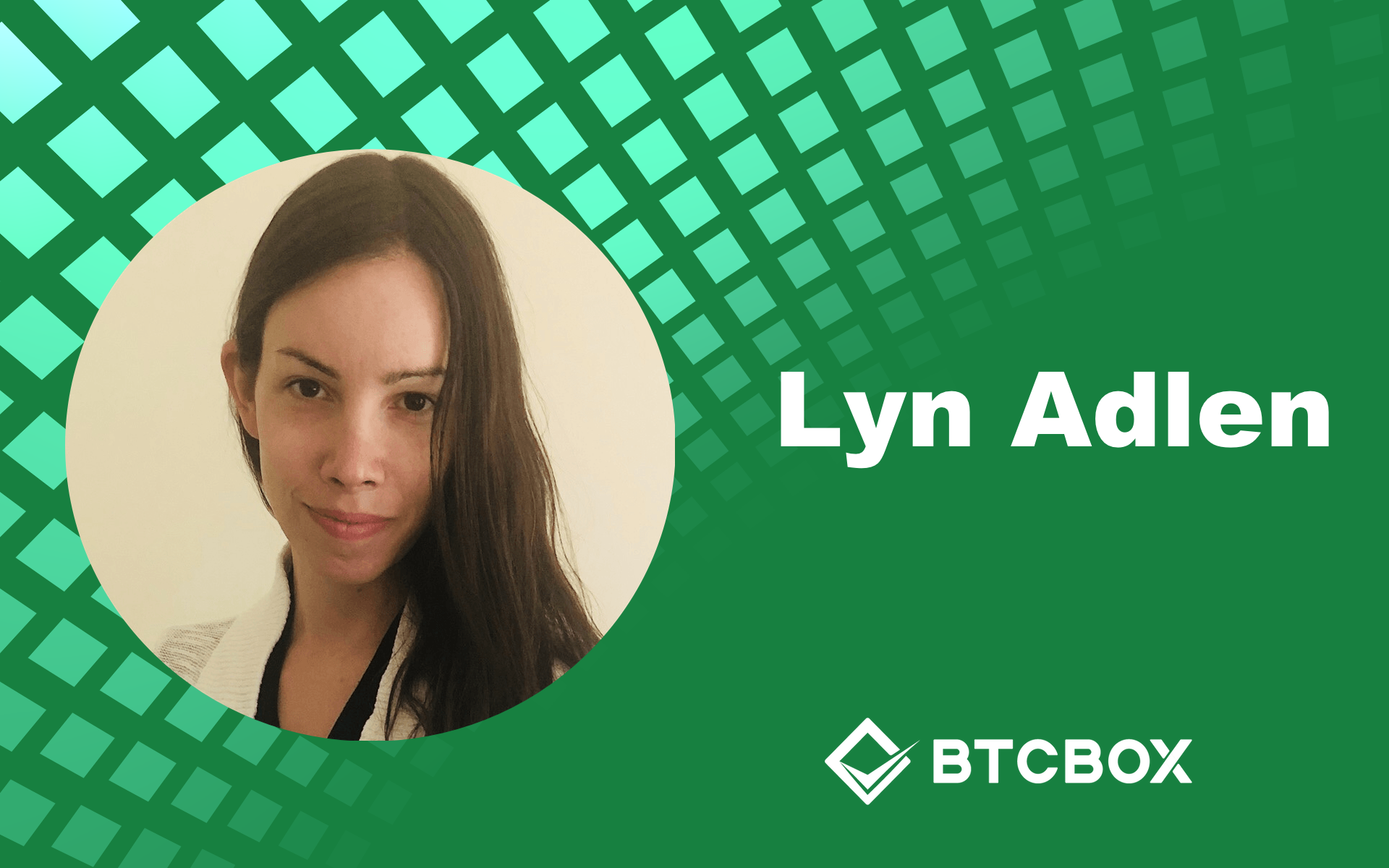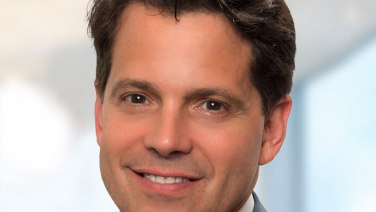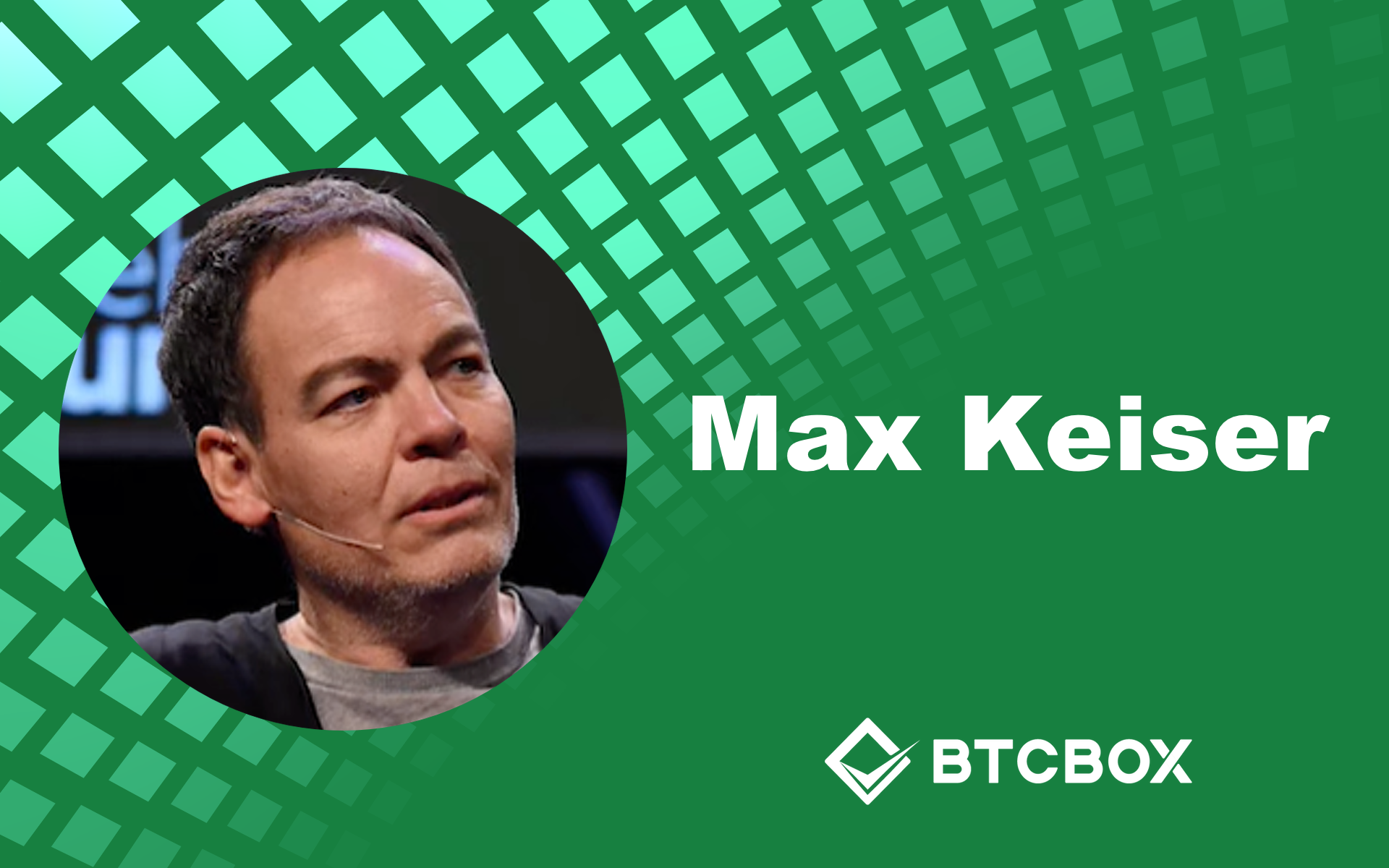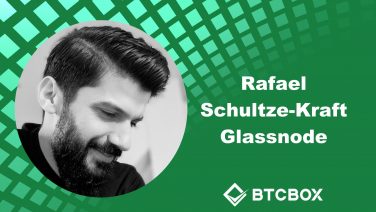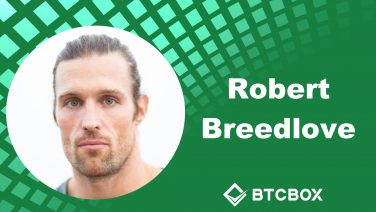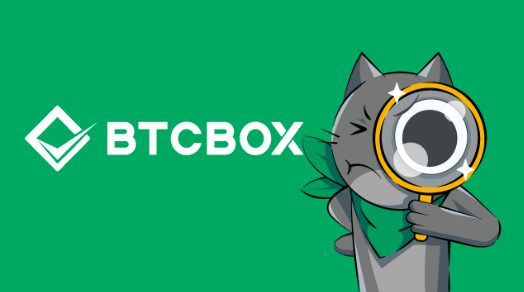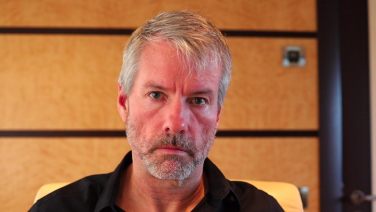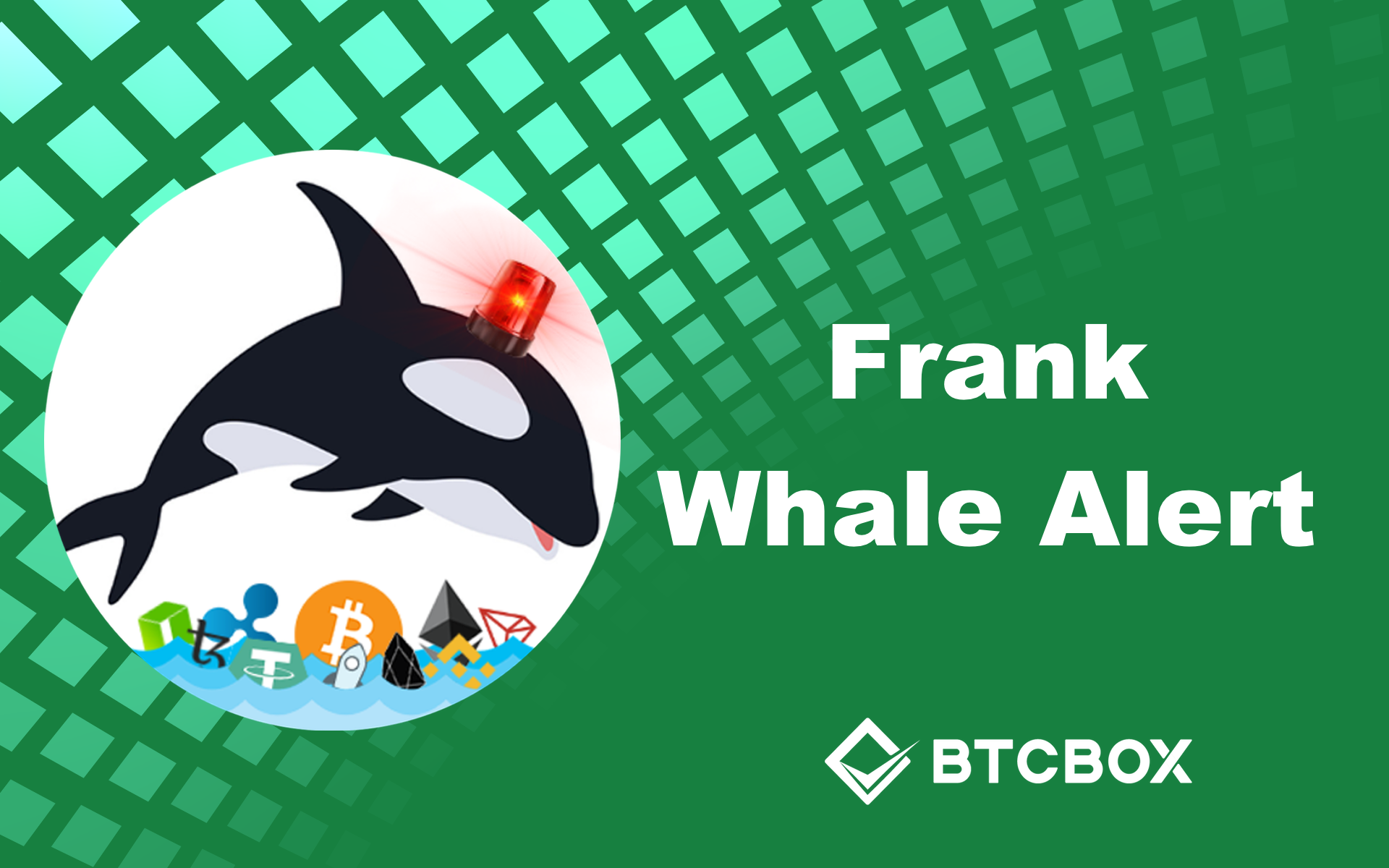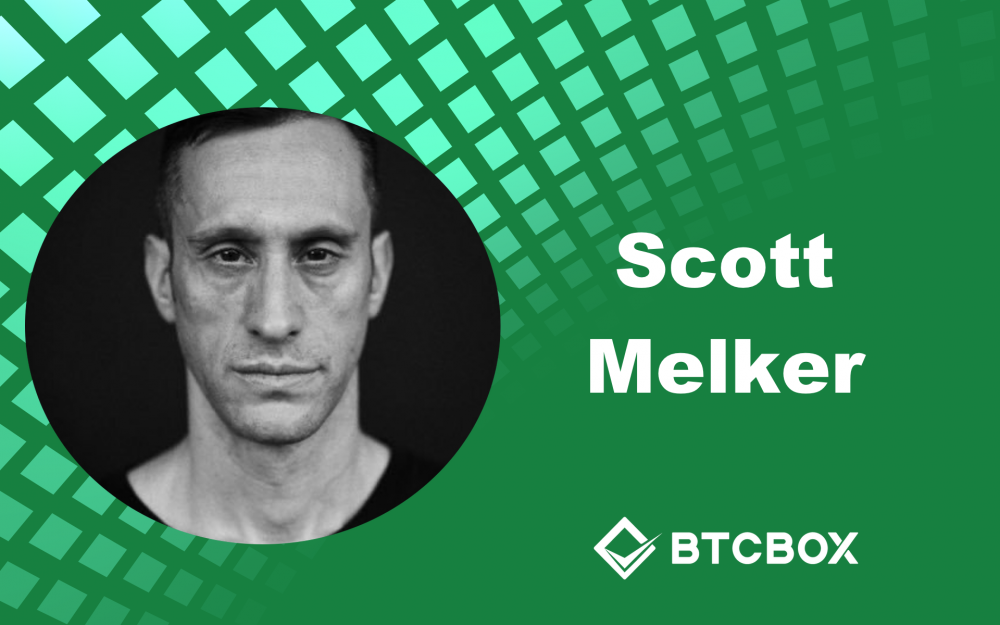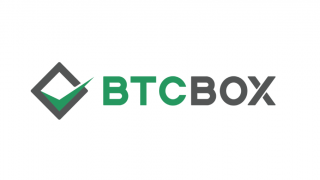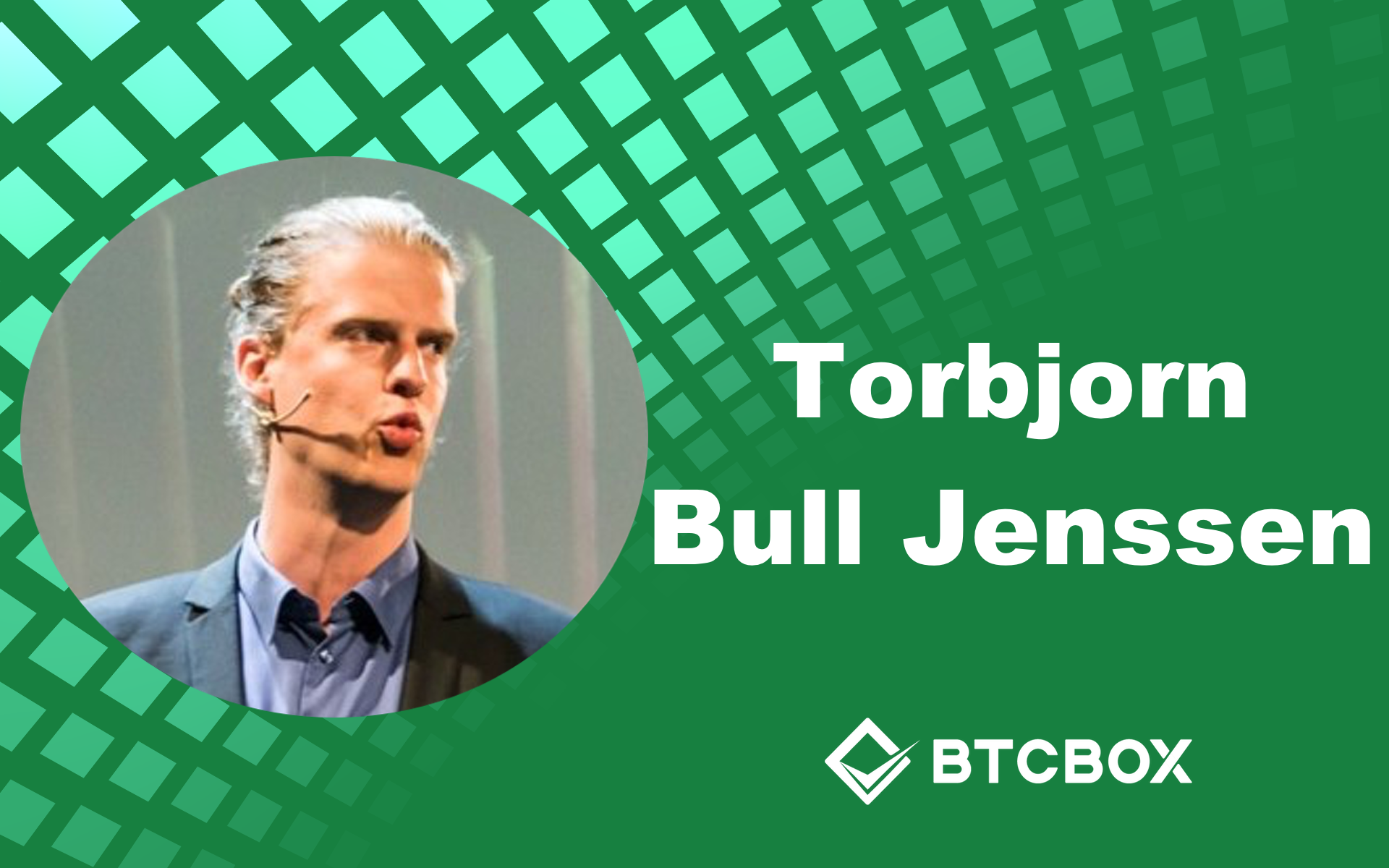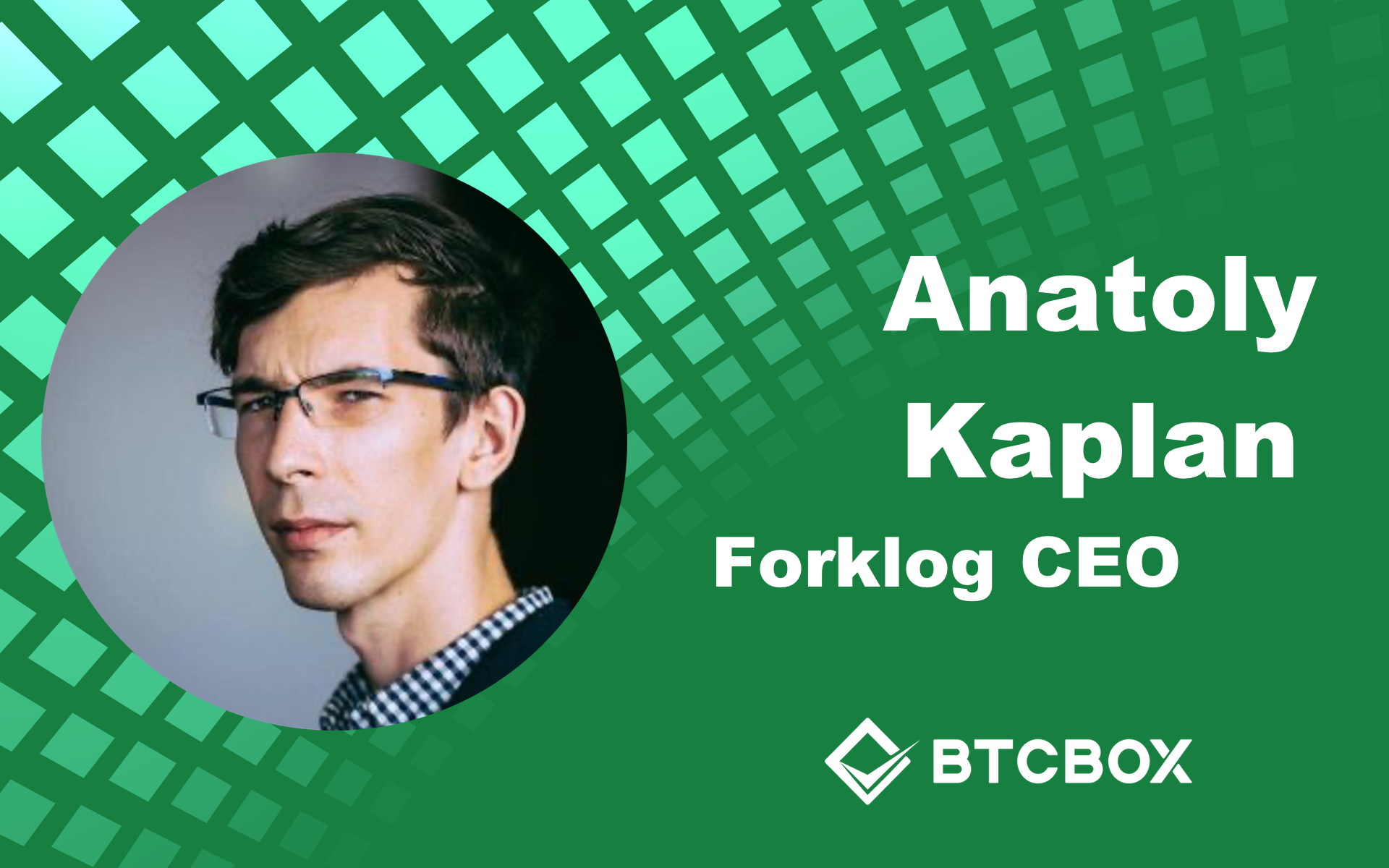1930s Illegal to Hold Gold : Interview with Lyn Alden ②
Back when people didn’t have computers or the internet, information got around a lot slower. People could not go online, and see what the inflation rate was, or what their rates were. There was far less information available, and even the people who were watching out for the markets were just getting all the information from newspapers. However, the majority of many people were not following it at all. In the 1930s and 1940s, one of the answers to maintaining your wealth would be gold. In this way, if you held gold, you defended against all that currency devaluation. To cancel out this option, many countries including the US, made it illegal to own gold. Also, because people could not track real-time information, they did not really see the need for it to buy gold.
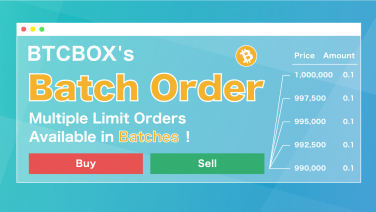 Notification
Notification
